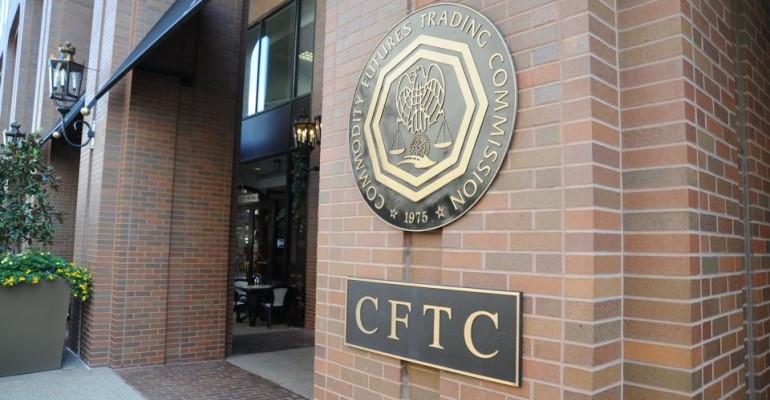
In an effort to protect consumers and keep the financial system safe, Senate Agriculture Committee Chairwoman Debbie Stabenow, D-Mich., and ranking member John Boozman, R-Ark., introduced the Digital Commodities Consumer Protection Act of 2022 to give the Commodity Futures Trading Commission new tools and authorities to regulate digital commodities.
Bitcoin was introduced in 2008 as a way for people to send money to one another without using a bank. It allows users to transact directly on a blockchain—an online digital ledger where transactions are recorded and visible to the public. Since the creation of Bitcoin, thousands of digital assets have sprung up and now represent about a trillion dollars in wealth. Digital assets are traded on financial markets and depending on their design, may be characterized as commodities, securities, derivatives, or other financial products.
Some of the most widely traded digital assets, like Bitcoin and Ether, are considered commodities and are largely bought and sold on trading platforms not subject to federal regulation. Stabenow says right now it’s kind of the “Wild West” and consumers need some protection.
Stabenow explains the bill is going to close regulatory gaps and give the CFTC the authority and the tools it needs to protect consumers from bad actors and set strong, consistent standards for everyone. “It starts by saying that the platforms offering digital commodities to consumers have to register with the CFTC, it’s not optional,” she says. “They don’t get to pick a regulator in the commodity space.”
Stabenow continues that “firms can’t play fast and loose with people’s money.” While digital assets were designed to make the financial system more accessible, their prices have been volatile, and hacks and other abuses on trading platforms have resulted in billions of dollars in losses, according to a fact sheet on the act. And CFTC will have the ability to prevent fraud and abuse in creating and more transparent and accountable marketplace.
Boozman says the act hopes to strike the proper balance on getting some regulatory atmosphere, offering any deemed commodities to the CFTC for oversight, and any securities to the Security Exchange Commission.
Stabenow says she believes the act allows the CFTC to determine which products are commodities and which are securities. “We’re not trying to be too descriptive,” she says, noting it will allow the CFTC and SEC to help establish where things best should be regulated.
“Digital assets and blockchain technology have already, and will continue, to change the way global markets function. Yet, this fast-growing industry is currently governed largely by a patchwork of regulations at the state level. That simply is not an effective way to protect consumers from fraud. Furthermore, relying solely on state regulation does not ensure that rules and regulations work for all stakeholders,” Boozman says. “Our bill will empower the CFTC with exclusive jurisdiction over the digital commodities spot market, which will lead to more safeguards for consumers, market integrity and innovation in the digital commodities space.”
Specifically, the bill requires digital commodity platforms to prohibit abusive trading practices, eliminate or disclose conflicts of interest, maintain sufficient financial resources, have strong cybersecurity programs, protect customer assets, and report suspicious transactions. It also requires digital commodity platforms to adhere to advertising standards and disclose information about digital commodities and their risks, bringing greater transparency and accountability to the marketplace. In addition, it authorizes the CFTC to impose user fees on digital commodity platforms to fully fund its oversight of the digital commodity market.
CFTC Commissioner Kristin Johnson and CFTC Chairman Rostin Benham welcomed the introduction of the bill.
“As American investors continue to demonstrate growing interest in digital assets, there is a greater need to bring these markets within the regulatory fold,” says Benham. “We are at a critical inflection point where new legislative authority is needed to clarify ambiguities and provide a regulatory framework to the digital commodity market that protects customers, provides market integrity and certainty, and ensures financial stability.”
Johnson adds, “In order for the industry to thrive and fulfill its promise, digital asset market must integrate stronger investor protections and robust market integrity safeguards. The CFTC, as part of the complement of federal and state regulators, has an important role to play in the oversight of these markets.”
Sen. John Thune, R-S.D., and Sen. Cory Booker, D-N.J., are also co-sponsors of the bill.
About the Author(s)
You May Also Like






